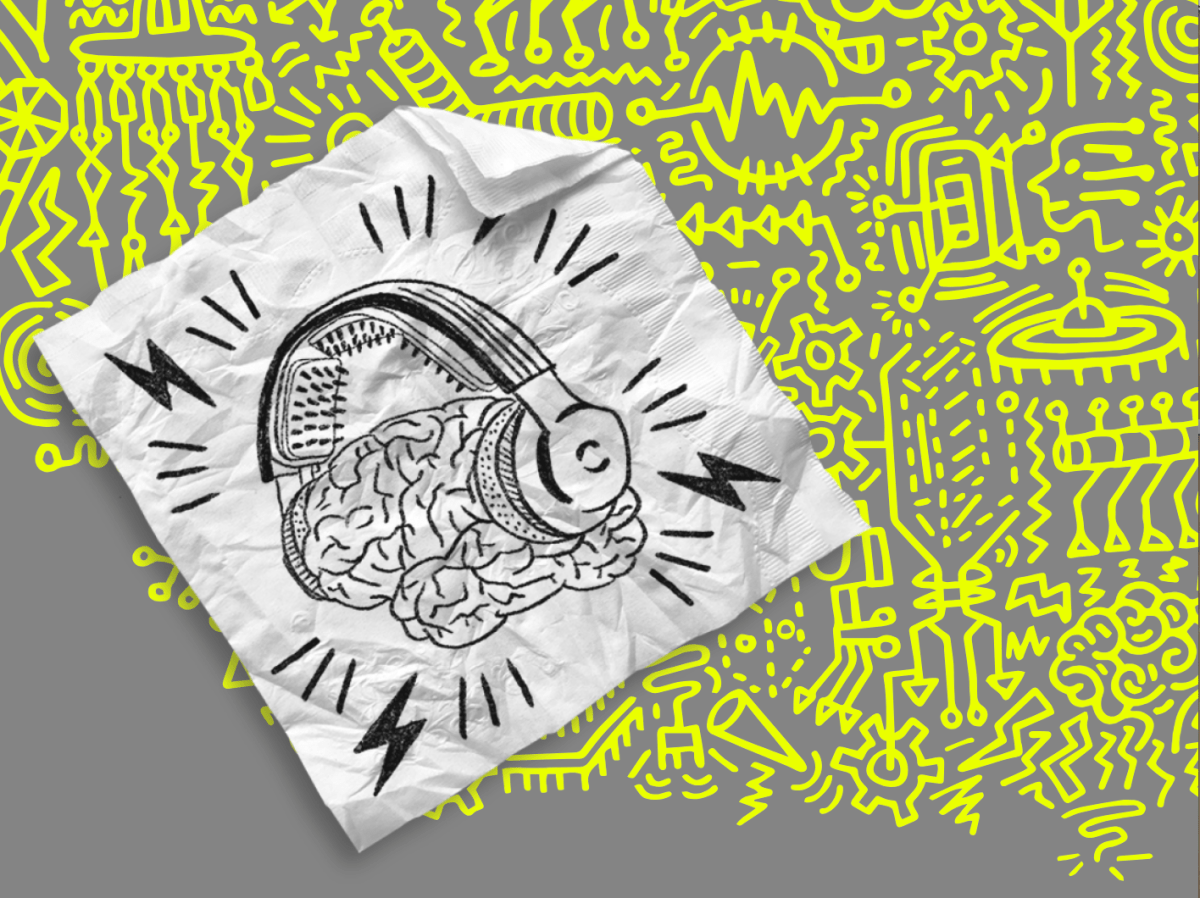Memory palaces, cuneiform, kung fu–for millennia we’ve pushed ourselves to recall with greater precision, learn faster, perform better and achieve more. One new technology in particular we’re about to unlock—neurostimulation—may forever change what it is to compete as a member of society, and even alter our basic conception of what it means to be human.
Everyone has heard of the 10,000-Hour Rule popularized by Malcolm Gladwell in his book Outliers. It’s simply a matter of repetition: 20 hours of practice a week for 10 years will get you to mastery.
But what if by priming your brain to learn faster, you could accomplish the same in half the time and far surpass your “natural” abilities? Would you opt out? What about your kids? Would you zap your brain to become smarter faster? If I could learn Finnish or cello faster–especially at my age!––I would. Of course!
My guest in the first episode of Should This Exist? is neuroscientist and entrepreneur Daniel Chao, co-founder and CEO of Halo Neuroscience. Halo Sport is their first product, a headset that enhances the neuroplasticity of the motor cortex in your brain. It could usher in a new golden age where millions of us are virtuosos… or it could bring about the dystopia of Gattaca, where only a select few get superhuman abilities.
To a 1950s Olympic gold medalist, today’s Olympians would already seem superhuman. We all know they got there because today’s athletes train better. They use science, medicine, and technology (sometimes even pushing the boundary of what’s legal) to enhance their bodies and minds.
And it’s not just our top performers and dominant athletes. Normal people like you and me take it for granted we should be pushing ourselves to learn, perform better and achieve more at work and school. We tell our children how important it is to be resilient, try and try and try again until you make the cut.
We’re watching technology is being enthusiastically introduced into schools. STEM is seen as the most desirable focus for our kids, not the humanities. And there have been several well-publicized debacles which should give us pause. Nowadays even pre-schoolers have to train to be smarter.
And another question: what if this technology is available to some and not others? Could the achievement gap widen? And what if instead it were given to the kids who had fallen behind, who were then able to catch up?
Cuneiform was restricted to the elites, and writing itself was the province of educated men–and only men–for centuries after its invention. Kung Fu wasn’t taught except to the lucky few. And sharing these technologies sometimes had dire consequences. Could Halo follow a similar trajectory?
Not on our watch! Daniel is a thoughtful, deep-thinking entrepreneur; we talked through its many possible permutations. Join us on Should this Exist?

I heard you say this on Triangulation – a wildcard for example a Democrat we would give them a link to Ann Coulter – as tho all sides are equal – so a young uncritical mind should be exposed to one of the most manipulative subversive Racists on the Planet?
LikeLike
Ha, I haven’t listened to the tape, but maybe I didn’t finish that phrase? Because what we discovered when we did that was that people thought the algorithm was broken. 😀
LikeLike
I just canceled my FB, & will probably cancel twitter too. But don’t you see how paternalistic it is to manipulate people with algorithms? The business model of surveillance capitalism has changed to become manipulation capitalism. All I can say is that this will not end well.
LikeLike